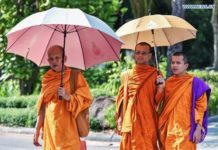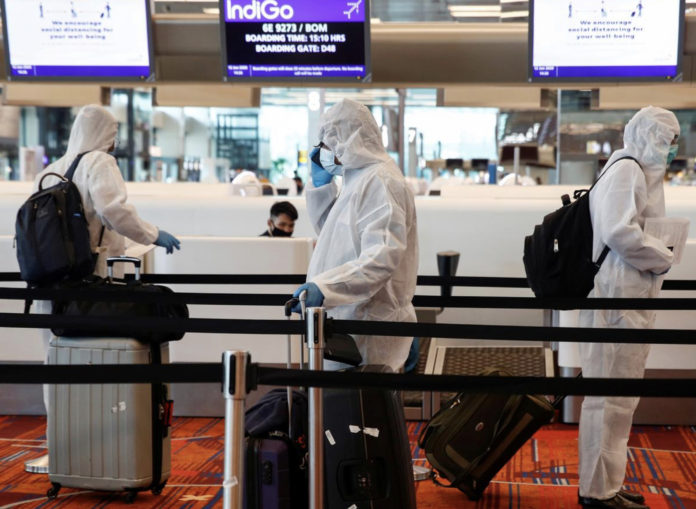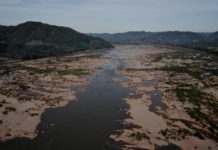It’s hard to imagine a more luxurious place to spend two weeks of quarantine than the Anantara Phuket Suites & Villas in Thailand, where visitors are pampered in private residences that can have their own pool and courtyard.
Yet more than three months after the resort and more than a hundred like it reopened to extended-stay travelers in an attempt to revive Thailand’s battered economy, foreign arrivals have failed to meet even rock-bottom expectations.
Just 346 overseas visitors have entered the country on average each month on special visas since October, according to the Thailand Longstay Company, which helps facilitate the program.
That’s well below the government’s target of about 1,200 and a tiny fraction of the more than 3 million who came before the pandemic.
The tepid response to Thailand’s highly publicized reopening illustrates the difficulties facing tourist-dependent countries as they try to shore up economic growth while also protecting citizens from Covid-19 before vaccines become widely available.
Thailand had hoped to lure retirees escaping the European winter and others who could stay for an extended period.
They would have to go through quarantine, but that could be done in the comfort of high-end resorts in a country that had been relatively unscathed by the pandemic.
After two weeks, Thailand would be theirs to roam for as long as nine months.
The lack of interest is adding pressure on Thai policy makers, who have struggled to accommodate both industry players calling for relaxed quarantine rules and public-health experts warning against putting people in danger.
All the while, as the beaches stay empty, many tourism-related companies are going out of business. To make matters worse, virus cases have jumped in the country.
“It’s really challenging to balance the demands of the tourism industry and locals,” said Bhummikitti Ruktaengam, president of the Phuket Tourist Association.
“I understand how hard it is to be stuck in a room for 14 days. I’ve done it. But the safety of the people gets priority because tourists come and go but locals live here.”
In 2019, Thailand received more than $60 billion in tourism revenue from about 40 million visitors.
The industry contributed about a fifth of gross domestic product before the pandemic, compared to about 10% globally.
But six months without any foreign arrivals followed by months with just a trickle has battered the sector.
At least 931 registered tourism-related companies closed last year, according to a Bloomberg News analysis of data from the Commerce Ministry’s Department of Business Development.
The real number is probably much higher as many tourism businesses aren’t registered in any database.




































